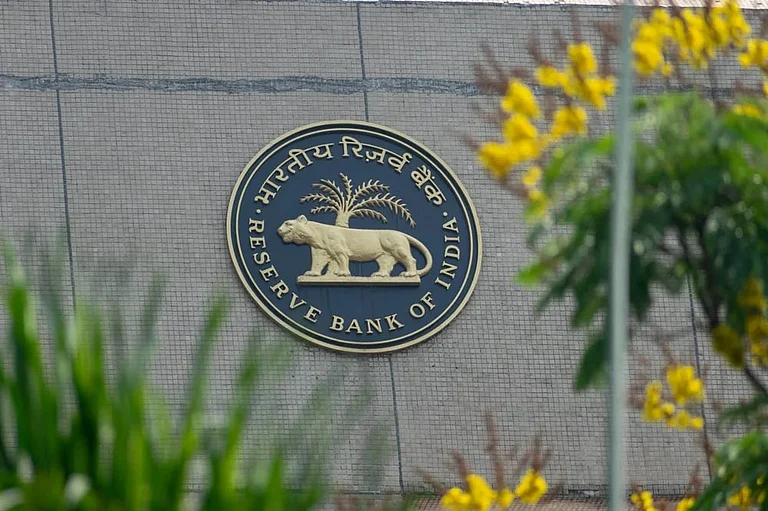Policyholders sometimes face problems with their coverage or insurance companies. Things like renewing policies, making claims, contact info, and payment methods can be tricky to deal with. It's even more stressful when urgent reimbursements or claims are unexpectedly denied. These frequent struggles show the industry needs to be clearer and more open. Customers should easily understand policies, claims processes, and company contact details. Insurance language can confuse people, so using simpler terms helps. When issues do come up, quick and clear answers are appreciated. Building trust with transparency benefits everyone. With teamwork between insurers and customers, insurance can better support people in their times of need.
Tarun Mathur, Chief Business Officer (CBO) - general insurance, Policybazaar.com said, “If you encounter any challenges concerning your insurance policy, as the policyholder, your initial step should be to address it directly with your insurance provider. As per regulatory guidelines, you must first file a complaint with the Grievance Redressal Officer (GRO) of the insurance company. The insurer is expected to resolve your grievance within two weeks. If you remain dissatisfied with their resolution, you have the option to escalate the matter to the Insurance Regulatory and Development Authority of India (Irdai). Alternatively, within one year of the insurance company's rejection, repudiation, or partial settlement of your claim, you can choose to communicate with the insurance ombudsman."
Here are several ways policyholders can file complaints and resolve coverage-related issues:
Contact Insurance Company Directly: The first step should always be to contact the insurance company directly. Most insurers have helplines dedicated to customer service, email addresses, and online ports where policyholders can register complaints. All relevant planning information and documentation must be provided to facilitate remediation.
Take The Grievance Redressal Mechanism: “All insurance companies in India should have an internal grievance redressal mechanism as per Insurance Regulatory and Development Authority of India (IRDAI) rules. Policyholders can formally submit their complaints through this process. Insurers are required to receive complaints within three working days and resolve them within 15 days, though it may take longer in some complex cases,” Venkatesh Naidu, managing director, Bajaj Capital Insurance Broking said.
Contact Irdai: If the insurer’s response is not satisfactory or if the issue is still not resolved, policyholders can file a complaint with the Insurance Regulatory and Development Authority of India (Irdai). Irdai provides a complaint-handling system. Insurance companies target them to make sure they follow the rules. They can be involved to help resolve issues.
Ombudsman: “Ombudsman is a way for clients to resolve issues with insurance companies. Each company has its ombudsman. If a matter is not resolved after 30 days, consumers can contact the Ombudsman. They have the power to settle disputes up to a certain amount without going to court,” Naidu added.
Consumer Courts: If other options have not worked, consumers can approach consumer courts.
Public Grievance Cell: Some insurers have special cells or policies for serious complaints. These can be used when normal methods are not practical.














